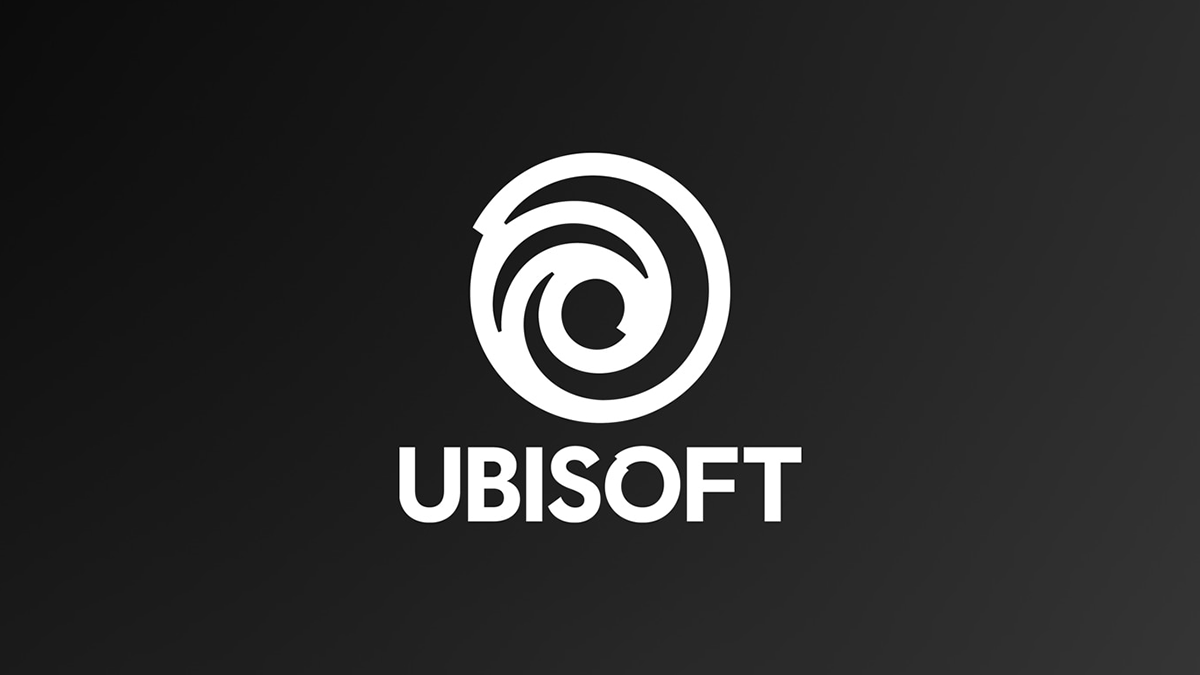I don't think it is. There are studios that are extremely experienced like Naughty Dog, who still find themselves wrestling with costs and deadlines. Software is just too stupidly complex to manage deterministically.I wonder if games would be more profitable if the the project management was better, if it even is possible to be better.
In the case of movies, when a problem arises, throwing a bit more money or negotiating can tend to provide an immediate fix. eg. You've booked a helicopter but it's unavailable, you book another. Actor goes down ill, you shoot something around their role, or use a double. Problems in the physical space have generally obvious direct solutions (even if it requires a producer to run around like a crazy person!).From where I stand, a movie is also complex, we agree not as complex as a game. But relative to each other are movies closer to a perfect production cycle than a game. Of course movies have been around for over 100 years, so they do have some head start
In the digital space, stuff stops working and you don't know why. There's then an investigation to find the problem before you can fix it. I've spent a day or two finding a problem that's fixed with a 30 second line change.
It's also worth noting that movies are crap at budgeting. They waste soooo much money. They'll book 100 extras for a day and end up not shooting them. They'll shoot useless footage and then cut it into a movie. Movies are very far from efficiently created.
Last edited:




